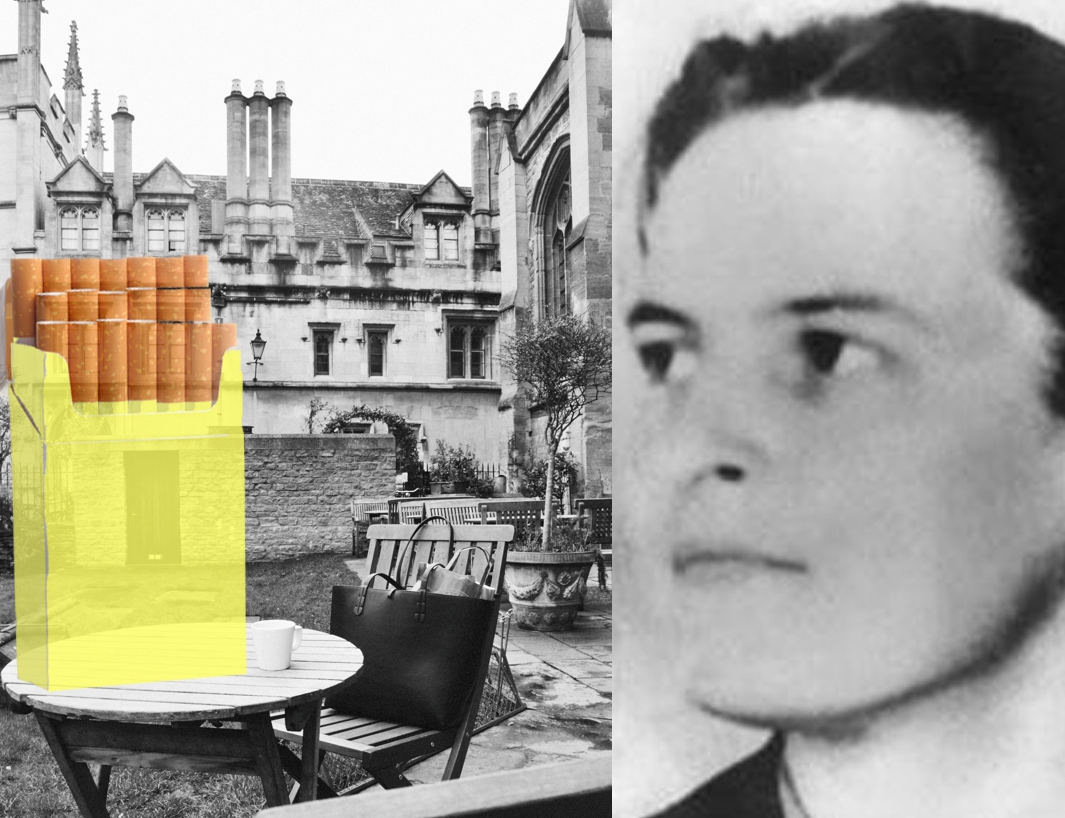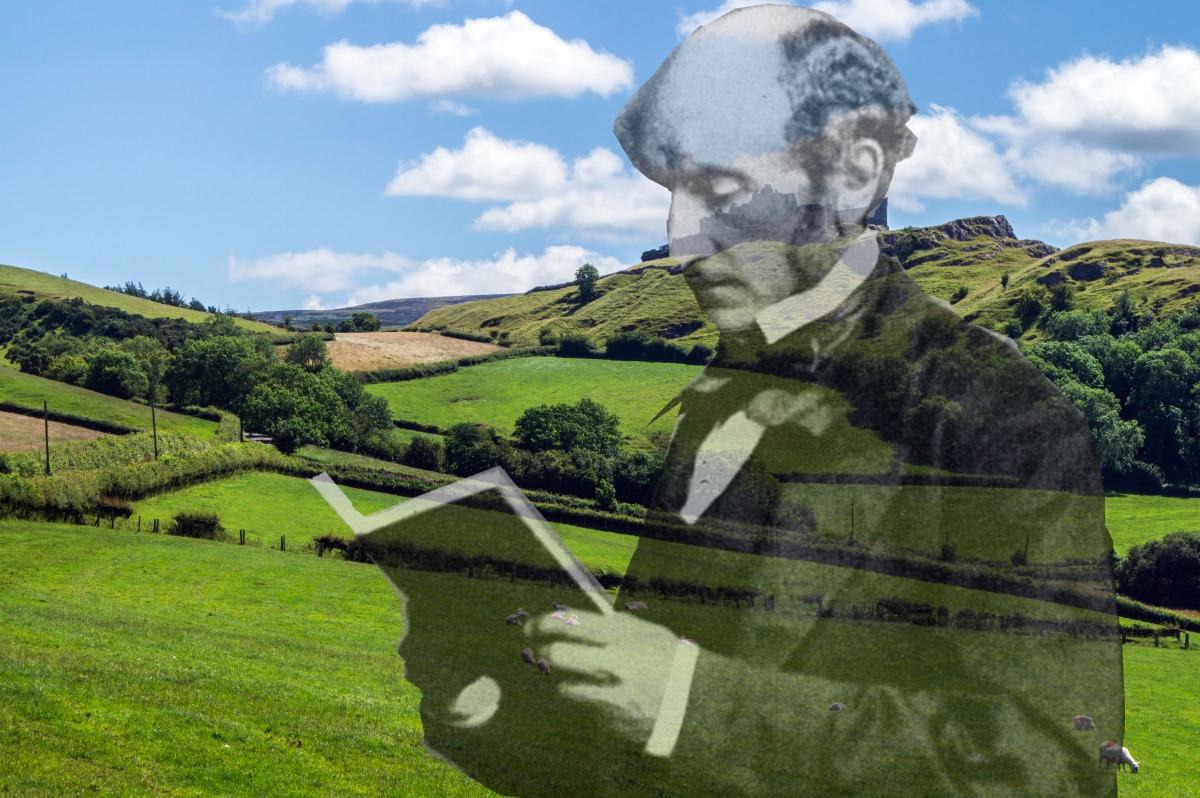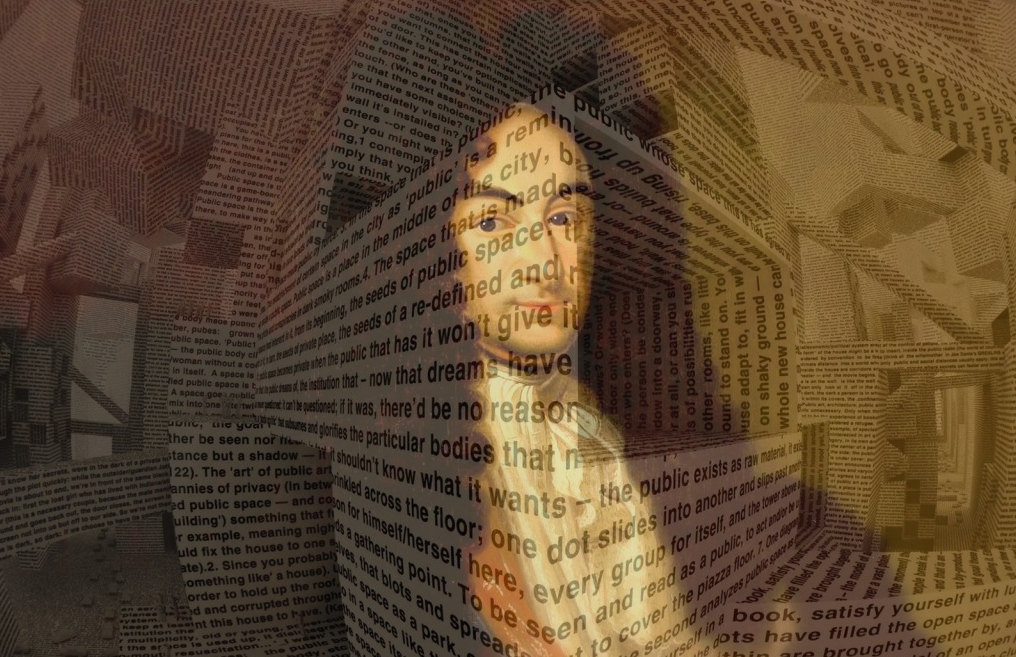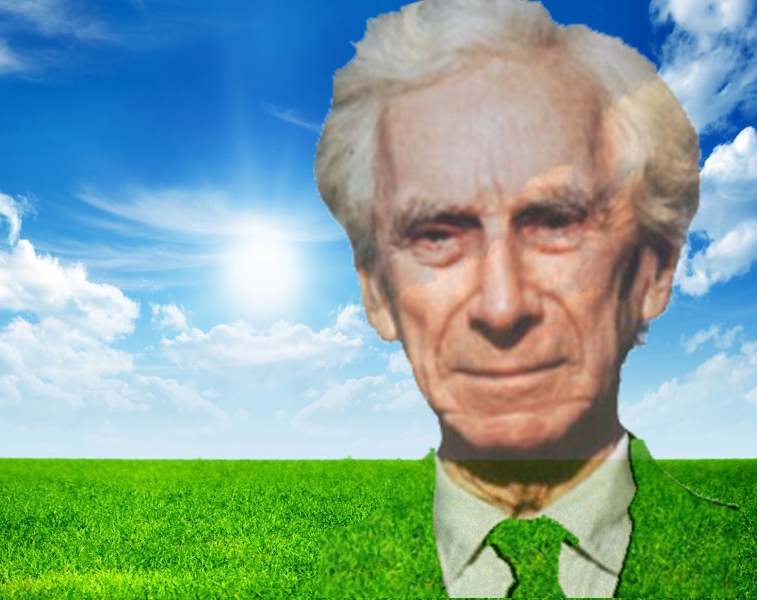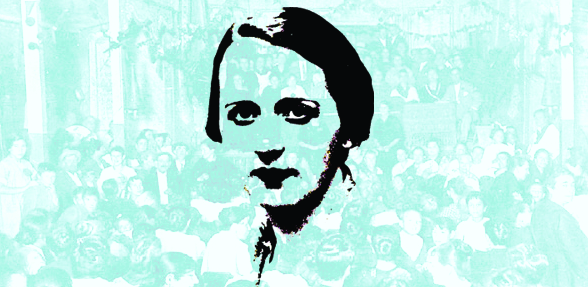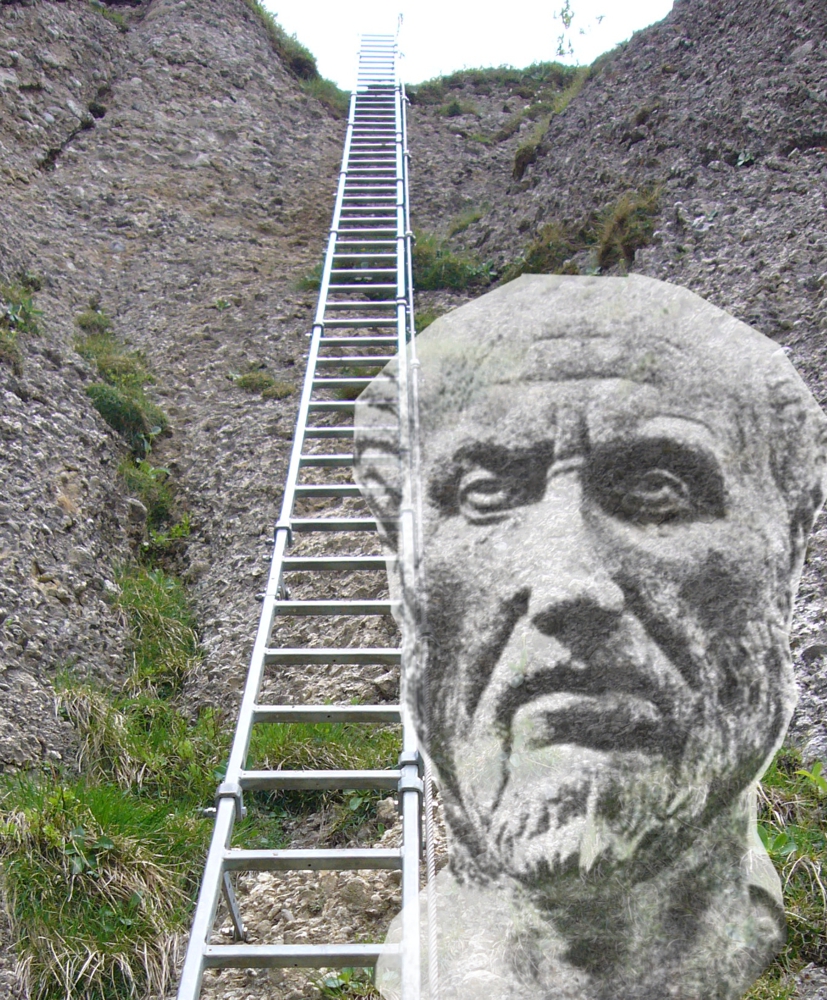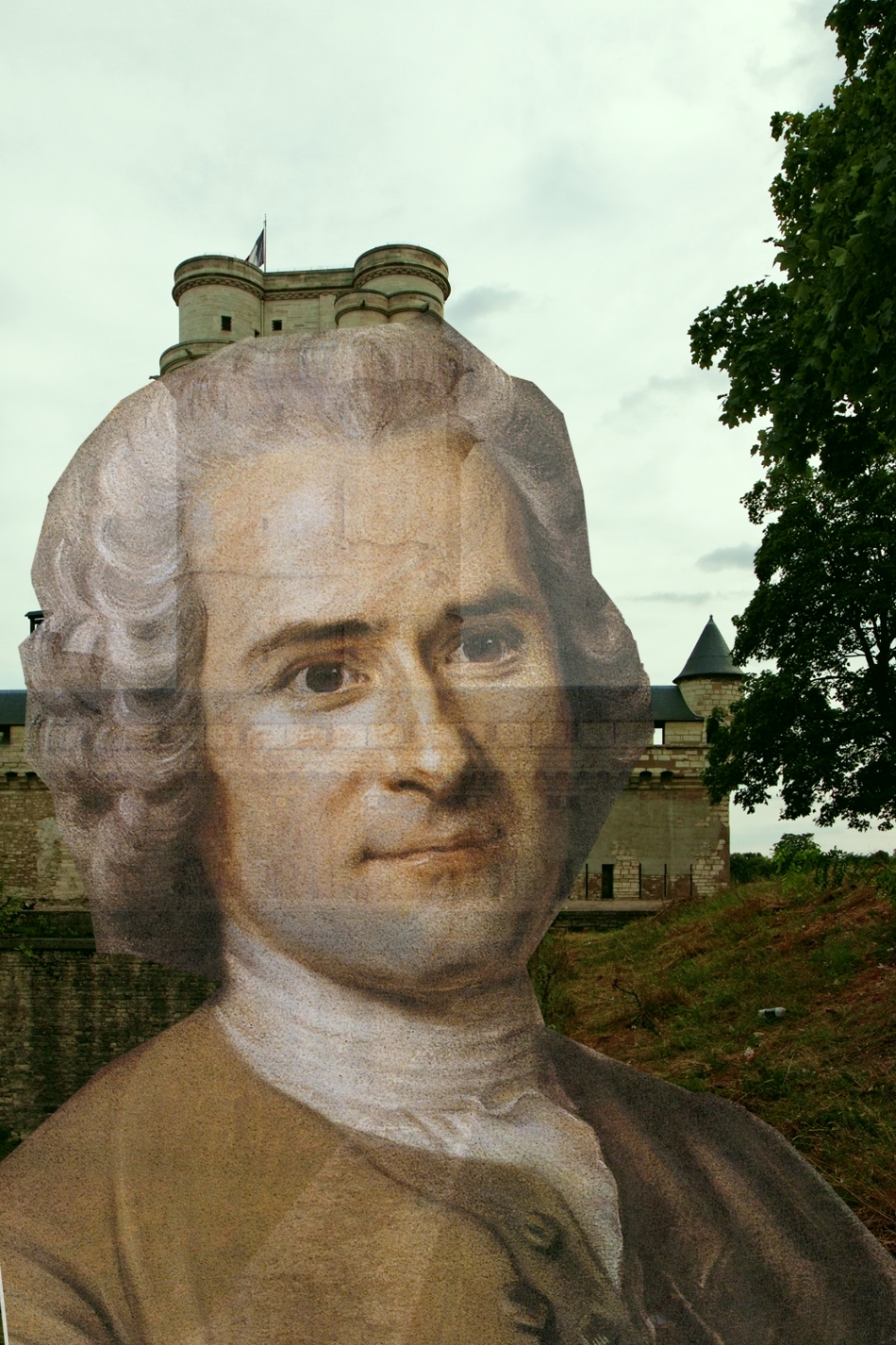|
PHILOSOPHICAL EXPERIENCES What is a philosophical experience? It is an experience that touches us with a profound philosophical insight. It is, in other words, a moment that connects between the personal and the philosophical, between my particular life-story and a fundamental issue of life. It is a conversation between me and the greater horizons of reality, between the little wave and the big ocean. |
John Locke – From a friendly conversation to a major philosophy book |
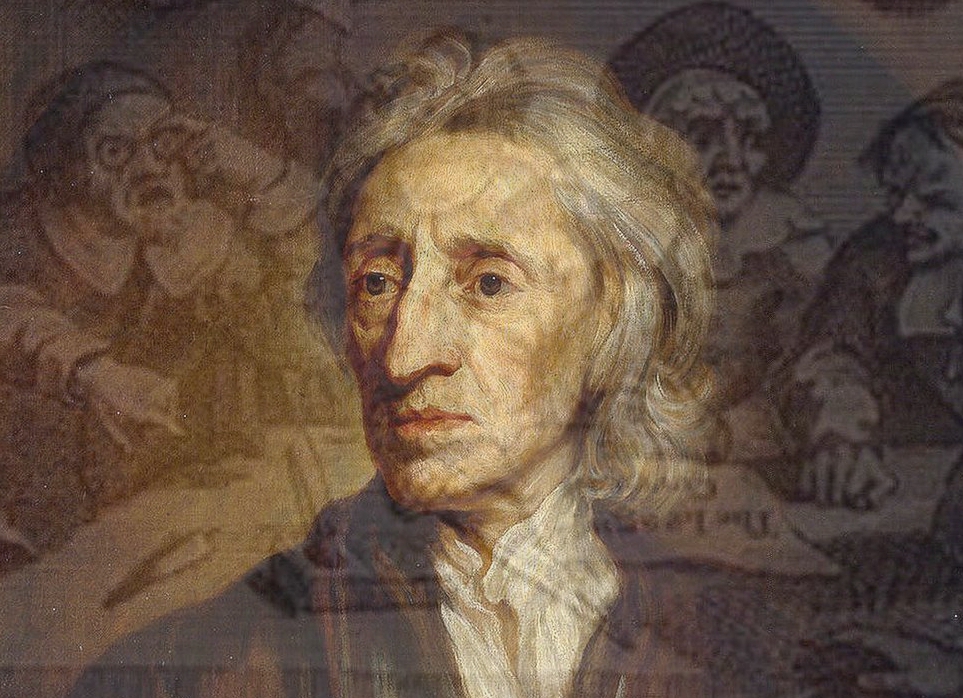
John Locke (1632-1704) was an important English philosopher, a major thinker of empiricism and of liberalism. He studied classical studies and medicine at Oxford University. He befriended the Earl of Shaftesbury, became his personal doctor, and through him got actively involved in the politics of England and Europe. He went to France, where he encountered Descartes’ ideas and other thinkers, and began exploring the issue of knowledge. He wrote several important essays on tolerance, government, and education, but his major work, An Essay Concerning Human Understanding, was finished only 1689. In this book he argues, in contrast to Descartes’s rationalism (knowledge is based on reason), that our knowledge of the world is based on our experience, which comes from sense perception.
The following passage is from the introduction (“The Epistle to the Reader”) to his book An Essay Concerning Human Understanding. Here he tells us how a conversation with friends made him understand the importance of the issue of the foundation of knowledge, which led him to write the book. Since Locke’s old-style English might be difficult to read, we provide here a “translation” to modern English.
ADAPTED TO MODERN ENGLISH
"Reader,
I am putting in your hands what has been my diversion in some of my idle and heavy hours. If it is lucky to be a diversion for you too, and if you have even half the pleasure in reading it as I had in writing it, then you will not think that your money was wasted, just as I don’t think so about my efforts. […]
If I may trouble you with the history of this Essay, I should tell you that a group of friends, five or six of us, met in my room and discussed a subject that is very remote from the topic of this book. We quickly found ourselves stuck in disagreement. After we spent some time in confusion without resolving the doubts which perplexed us, an idea came into my mind – that we took a wrong road: Before we start with this kind of investigation, we had to examine our own human abilities, and to see what our understandings were able or unable to deal with. I proposed this to the group, who all readily agreed. And we immediately decided that this should be our first investigation.
For our next meeting I prepared some quick and undigested thoughts on this subject, which I had never before considered. And these thoughts were my first entry into this topic, which began by chance, and was continued by intention. They were written in incoherent pieces, interrupted by long intervals of neglect and then continued again, depending on my state of mind and my situation. And at last, when I retired, and the necessity to care for my health gave me more time, I could organize it and put it in the shape that you can now see."
LOCKE’S ORIGINAL ENGLISH
"Reader,
I here put into thy hands what has been the diversion of some of my idle and heavy hours. If it has the good luck to prove so of any of thine, and thou hast but half so much pleasure in reading, as I had in writing it, thou wilt as little think thy money, as I do my pains, ill bestowed. […]
Were it fit to trouble thee with the history of this Essay, I should tell thee that five or six friends meeting at my chamber, and discoursing on a subject very remote from this, found themselves quickly at a stand, by the difficulties that rose on every side. After we had a while puzzled ourselves, without coming any nearer to a resolution of those doubts which perplexed us, it came into my thoughts that we took a wrong course; and that before we set our selves upon enquiries of that nature, it was necessary to examine our own abilities, and see what objects our understandings were, or were not fitted to deal with. This I proposed to the company, who all readily assented; and thereupon it was agreed, that this should be our first enquiry. Some hasty and undigested thoughts, on a subject I had never before considered, which I set down against our next meeting, gave the first entrance into this discourse, which having been thus begun by chance, was continued by entreaty; written by incoherent parcels; and, after long intervals of neglect, resumed again, as my humor or occasions permitted; and at last, in a retirement, where an attendance on my health gave me leisure, it was brought into that order, thou now seest it."
Posted in December 2017
By accepting you will be accessing a service provided by a third-party external to https://agora.practicafilosofica.de/
|
RECENTLY PUBLISHED PHILOSOPHICAL EXPERIENCES |
